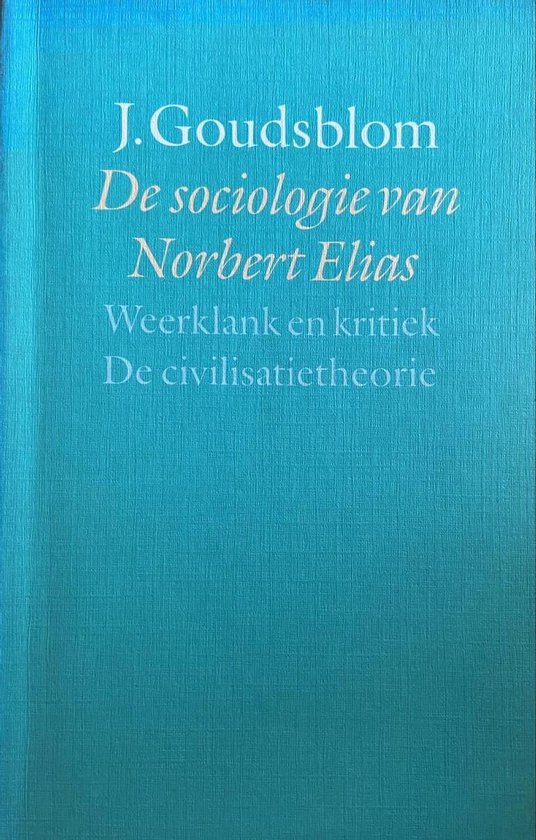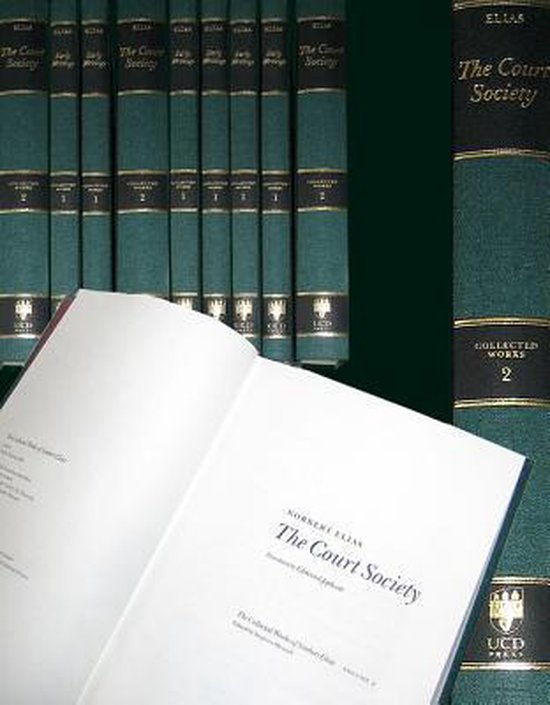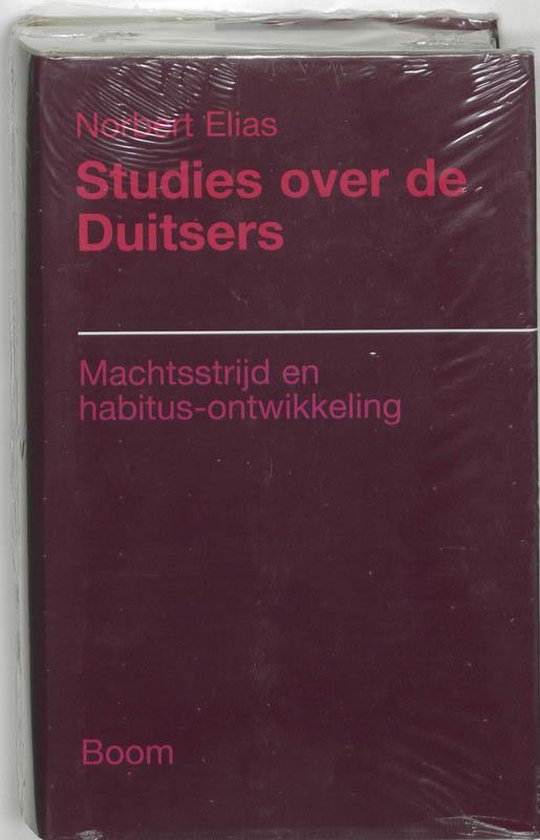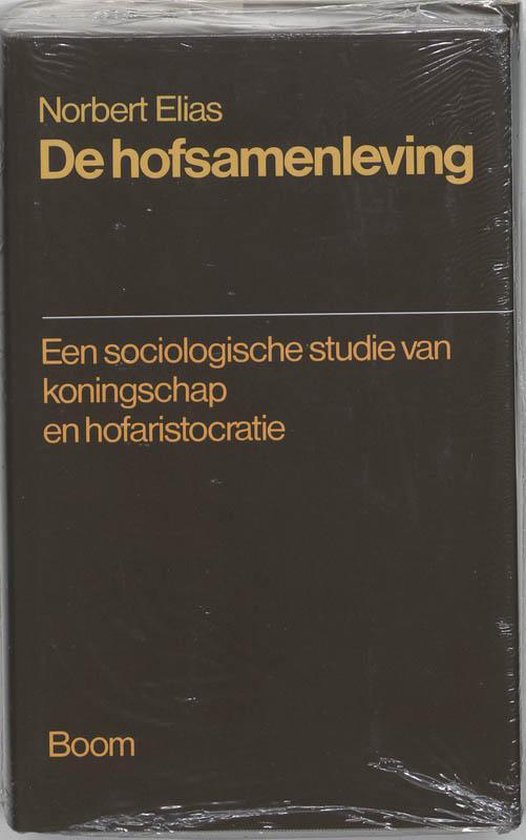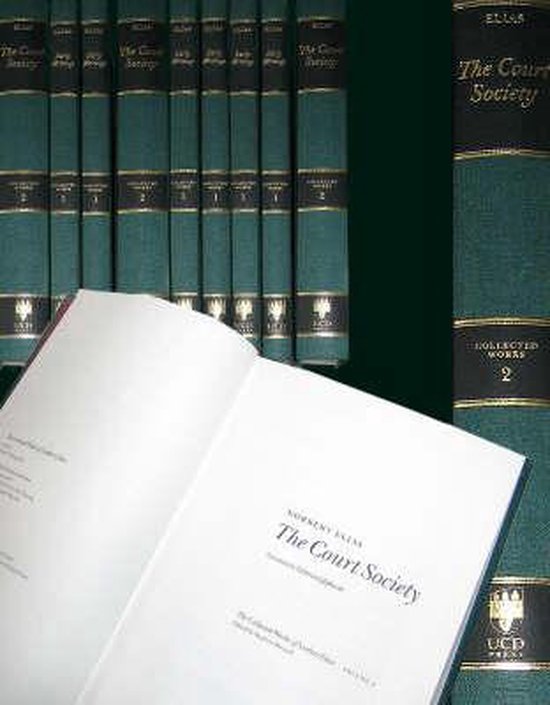
An Essay on Time
Aims to turn an ancient philosophical question - what is time? - into a researchable theoretical-empirical problem. What we call 'time' is neither an innate property of the human mind nor an immutable quality of the 'external' world.
In this profound book, Elias characteristically turns an ancient philosophical question - what is time? - into a researchable theoretical-empirical problem. What we call 'time' is neither an innate property of the human mind nor an immutable quality of the 'external' world. Rather it is an achievement of the human capacity for 'synthesis', for using symbolic thought to make connections between two or more sequences of events. In the course of human social development, that capacity has itself changed and developed. It is originally written in English. Two later additional sections have been translated by Edmund Jephcott.
In this profound book, Elias characteristically turns an ancient philosophical question - what is time? - into a researchable theoretical-empirical problem. What we call 'time' is neither an innate property of the human mind nor an immutable quality of the 'external' world. Rather it is an achievement of the human capacity for 'synthesis', for using symbolic thought to make connections between two or more sequences of events. In the course of human social development, that capacity has itself changed and developed. It is originally written in English. Two later additional sections have been translated by Edmund Jephcott.
| Auteur | | Norbert Elias |
| Taal | | Engels |
| Type | | Hardcover |
| Categorie | | Mens & Maatschappij |
